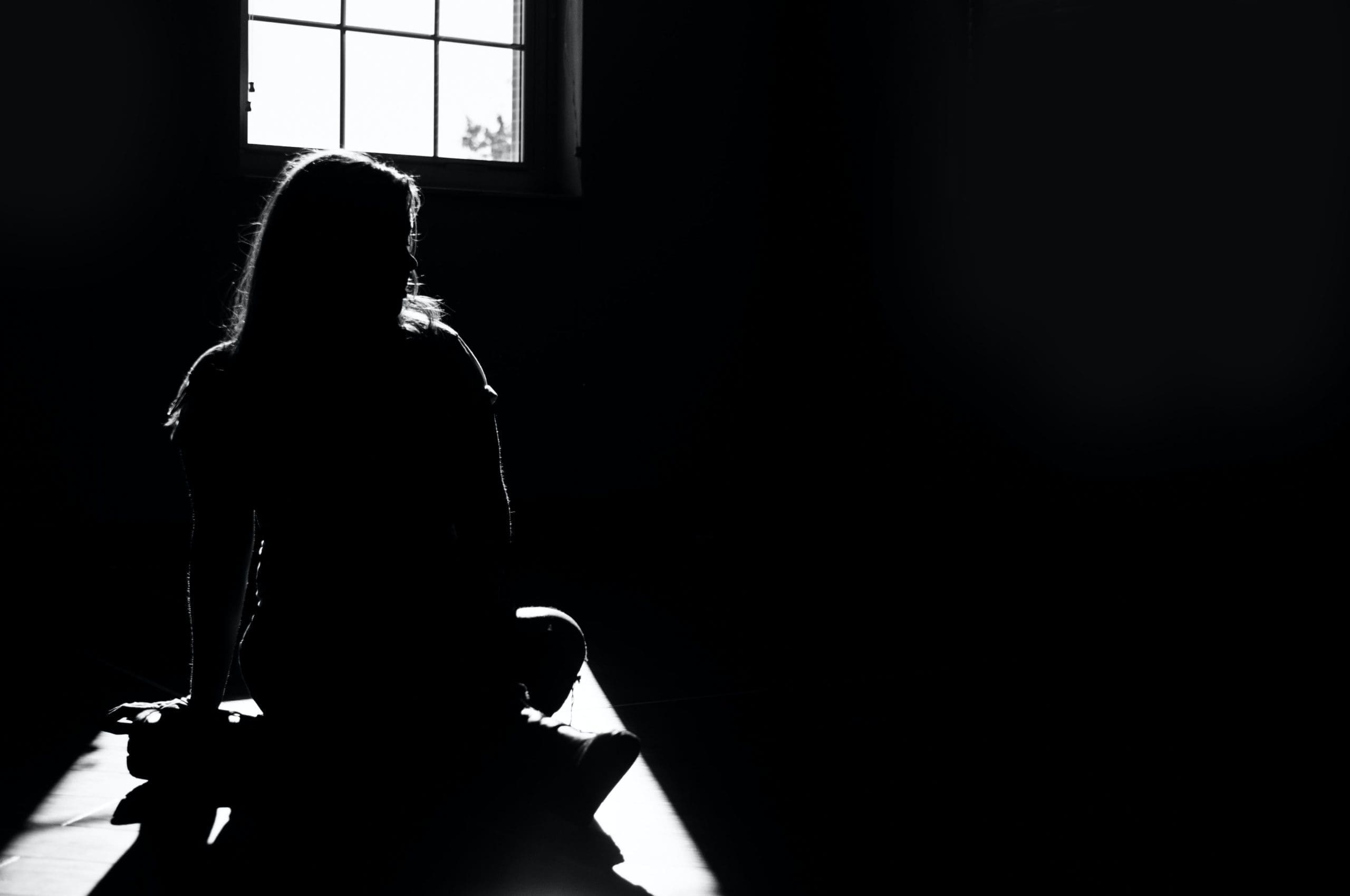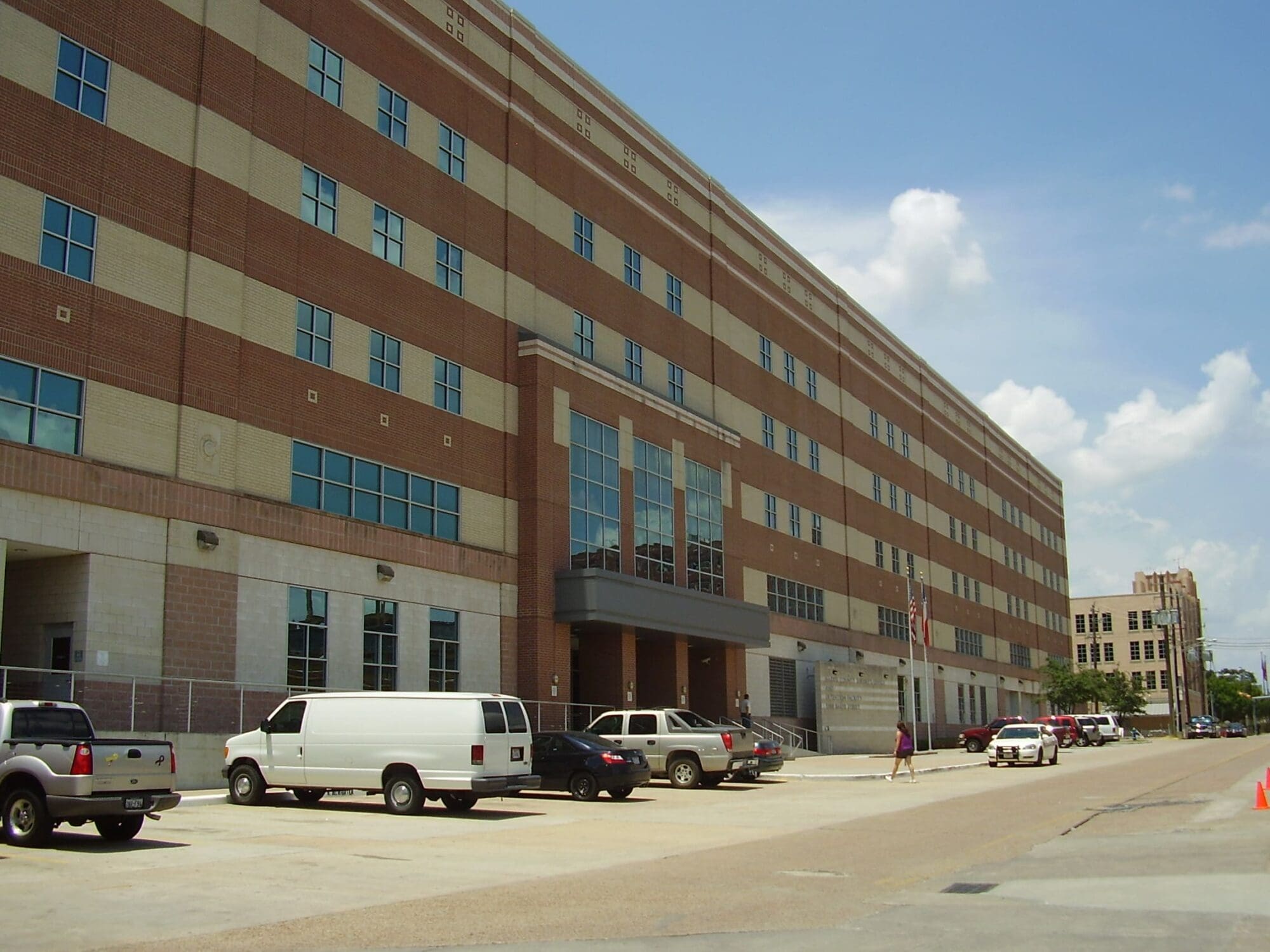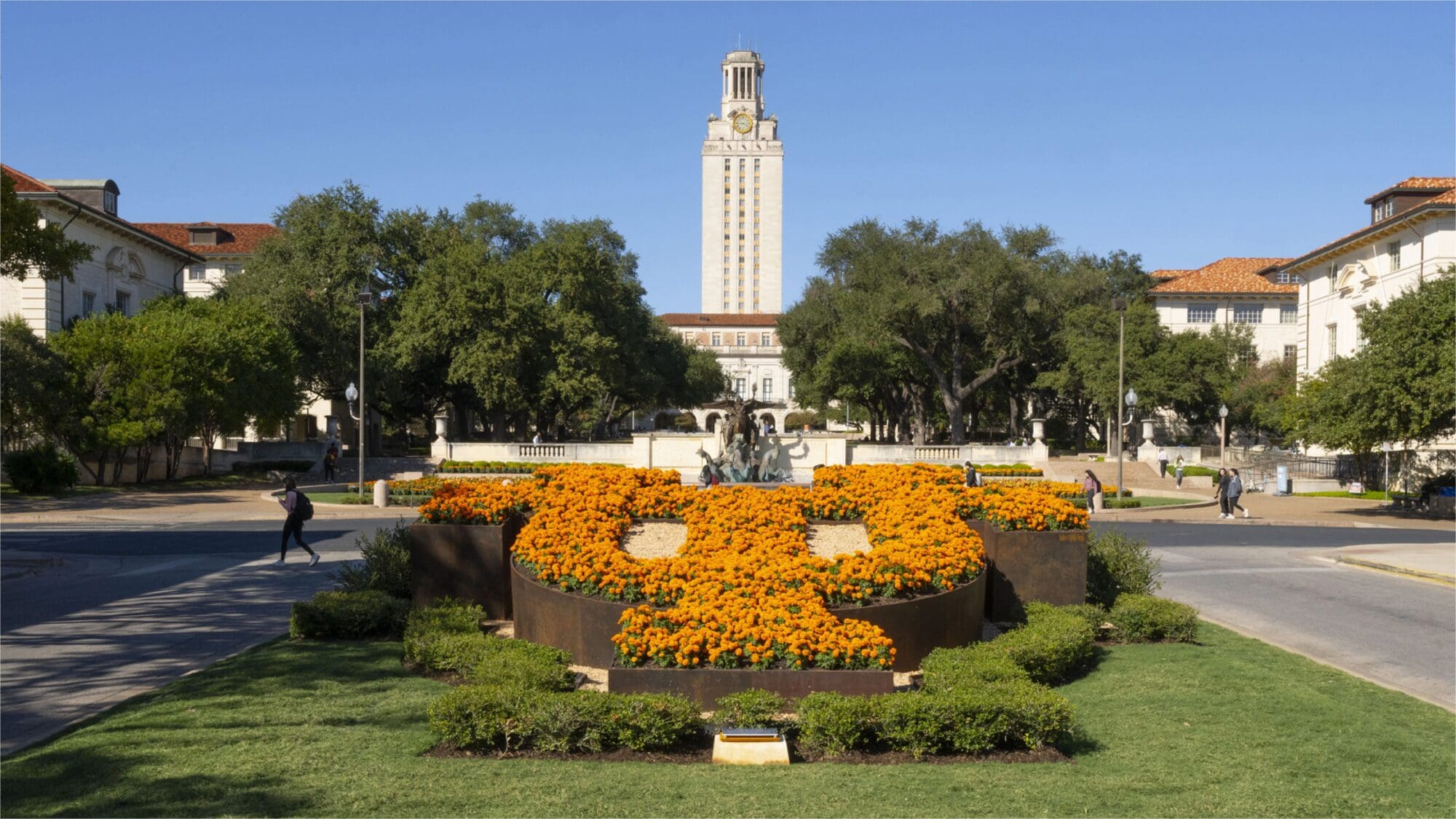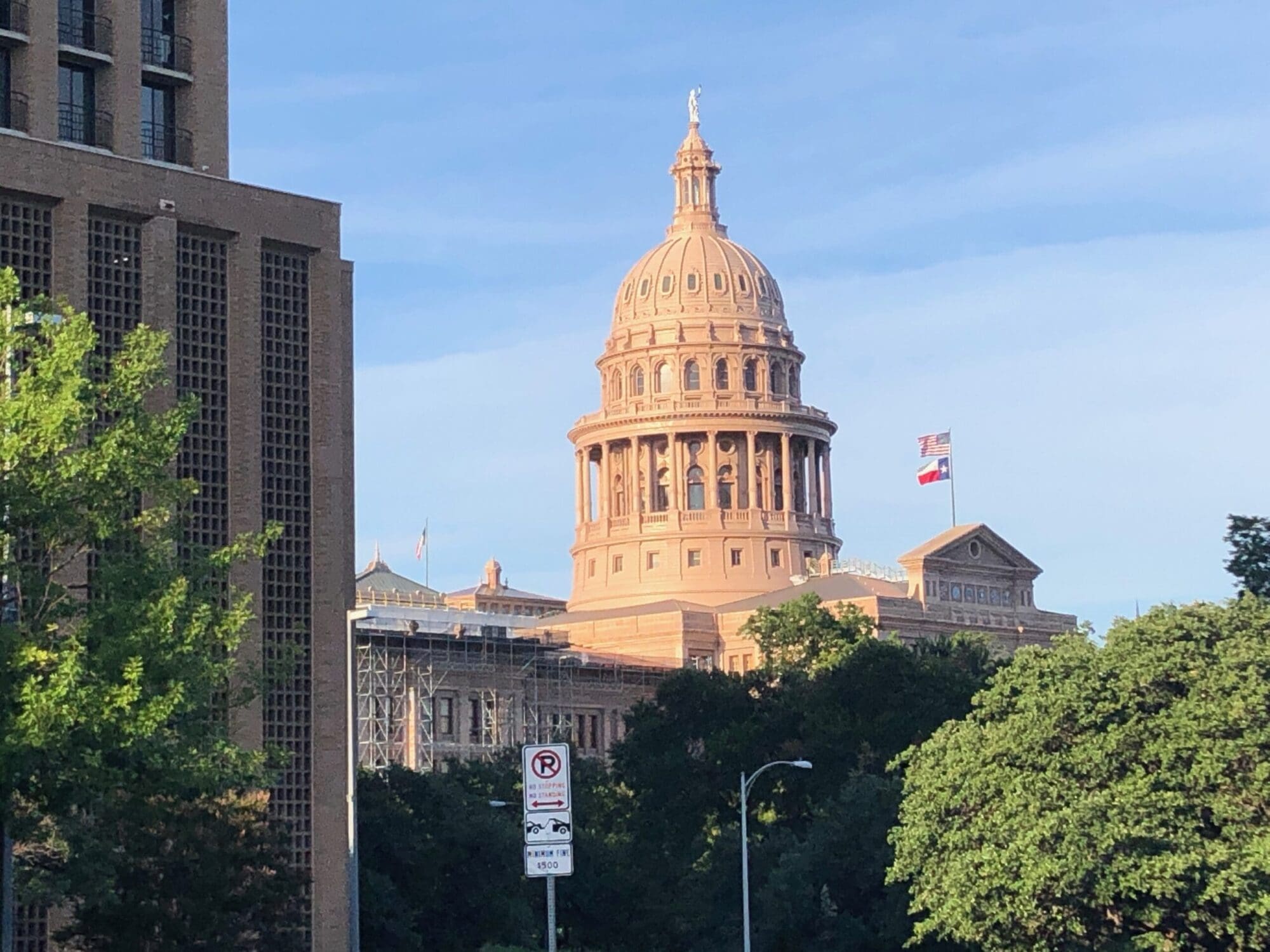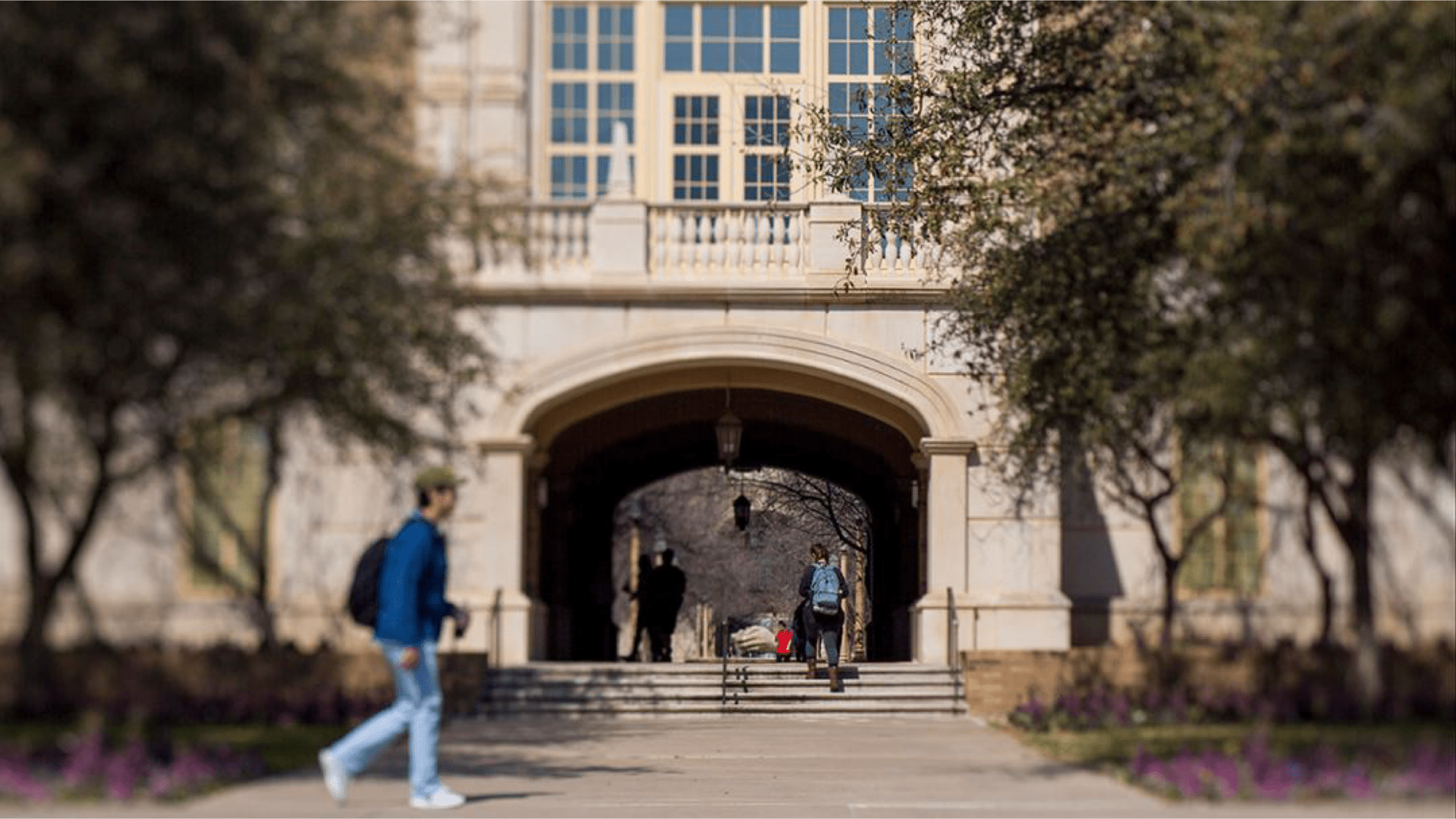Enslaving and selling men, women, and children for sex has become an epidemic in Texas, reaching into our cities, neighborhoods, and homes. In the first installment of this series, we explore how dire the situation is and how it’s all around us.
According to the Texas attorney general’s office, at any given time in our state there are 79,000 victims of youth and minor sex trafficking. On June 23, Texas Scorecard interviewed Pastor Heather Schott of The Justice Reform (TJR), a Fort Worth nonprofit organization focused on stopping sex trafficking.
“This is absolutely the worst form of enslavement that there can be,” Schott explained. “Imagine being trapped into a place where you are sold for sex over and over, multiple times a day with multiple different individuals, and that’s your purpose in life. There’s no dreams left. There is no hope left.”
Not only is this happening in Texas, it’s growing like a cancer. “Texas is actually the second-largest state for trafficking in America, following California,” Schott explained. “Houston’s one of the largest ports in the world for it, and we have Mexico on the other side.”
Open Border Enables Sex Trafficking
Because Texas’ open border contributes to the growth of the abysmal practice in our state and nation, Schott expressed gratitude for Gov. Greg Abbott’s pivot to border security earlier this year. “So much [of] what’s happening [illegally] over the border is drug and human trafficking, including sex trafficking,” she explained. “Texas is really a funnel … into the rest of our nation for trafficking.”
However, the border has become an escalating crisis with recent reports that illegal border crossings have skyrocketed, Abbott’s proposed “border wall” is a chain-link fence, and the U.S. Border Patrol reassigned agents from “apprehending” to “processing” (documentation, paperwork, etc.) illegal aliens. No serious effort has yet been made to stop illegal border crossings.
More people are being trafficked through our open border, adding to the enslavement already present where we live.
It’s All Around You
Just because an area is free of strip clubs doesn’t mean sex trafficking isn’t an issue there—it’s likely just being hidden in plain sight. For example, Schott says 24-hour massage parlors are often fronts for sex trafficking, based on what she has seen in her home state of Washington.
“That is not a spa that is doing Botox at midnight. Nobody goes in and sets up their facial appointment for one [o’clock] in the morning,” she said. “These massage parlors or spas are places of sex trafficking, and it’s horrific that our local governments allow them to be open, knowing what is happening.”
But those aren’t the only places. A home in a seemingly normal neighborhood could also be a sex trafficking operation. Schott says telltale signs homes where cars constantly arrive at different times, windows are obstructed so you can’t see inside, or small groups of women are seen coming and going. Another sign could be someone who never leaves their home, but people keep coming in. “[Traffickers] are running trafficking rings out of houses, in the suburbs,” she warned.
Allowing this enslavement to continue harms those trapped in it, and ourselves. “It is demoralizing what our nation, what our freedoms, what [they were] built upon,” Schott said. “It tears down the human mind and soul of what a human being is about.”
“This is not a victimless crime,” she continued. “No individual should be sold for anything.”
The issue of sex trafficking in Texas will be explored more in the second installment of this series. If you believe someone is in immediate danger of human trafficking, the Texas attorney general’s office recommends you contact 911, then call the National Human Trafficking Hotline at 1-888-3737-888. Recommended action steps are also available if you suspect but are unsure that trafficking is taking place.
